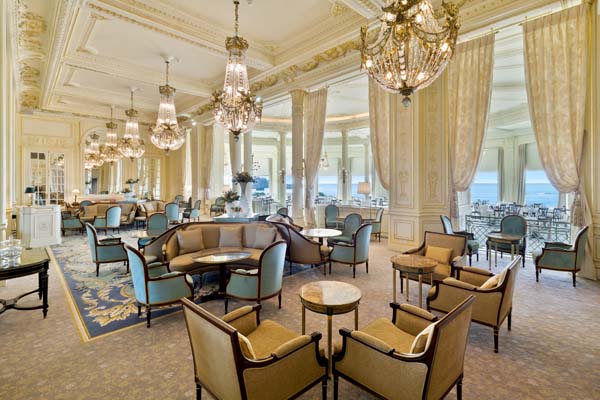Pyrénées-Atlantiques
WELCOME TO Pyrénées-Atlantiques
Entry Into Department
Pau
7,645 km2
702,658
French
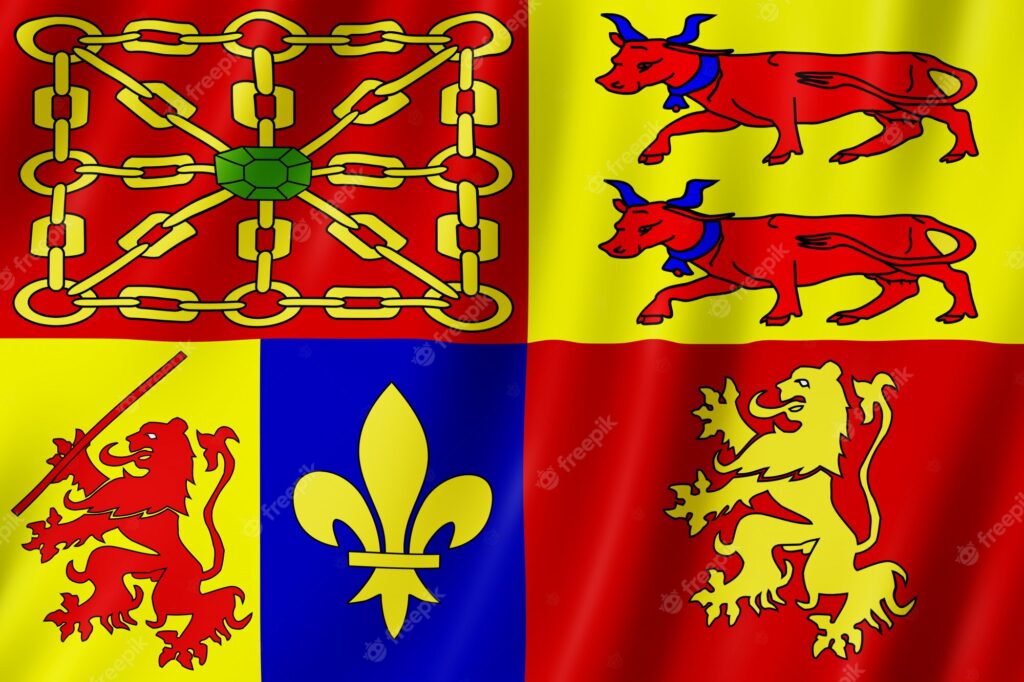
Popular
Geography and Tourist Attractions
Information about the canton's tourist attractions, including popular destinations, events, and activities.
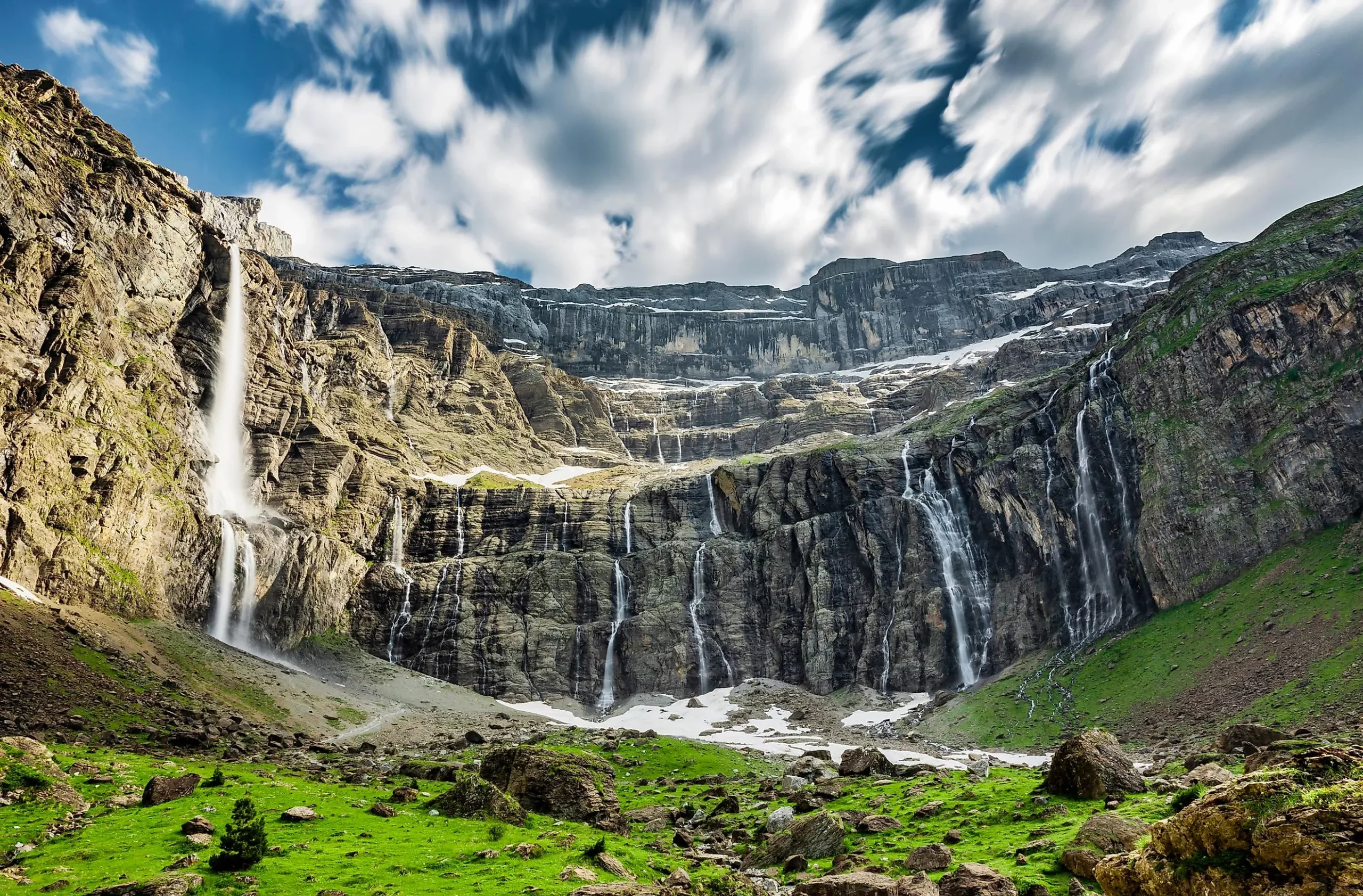
The Pyrenees Mountains
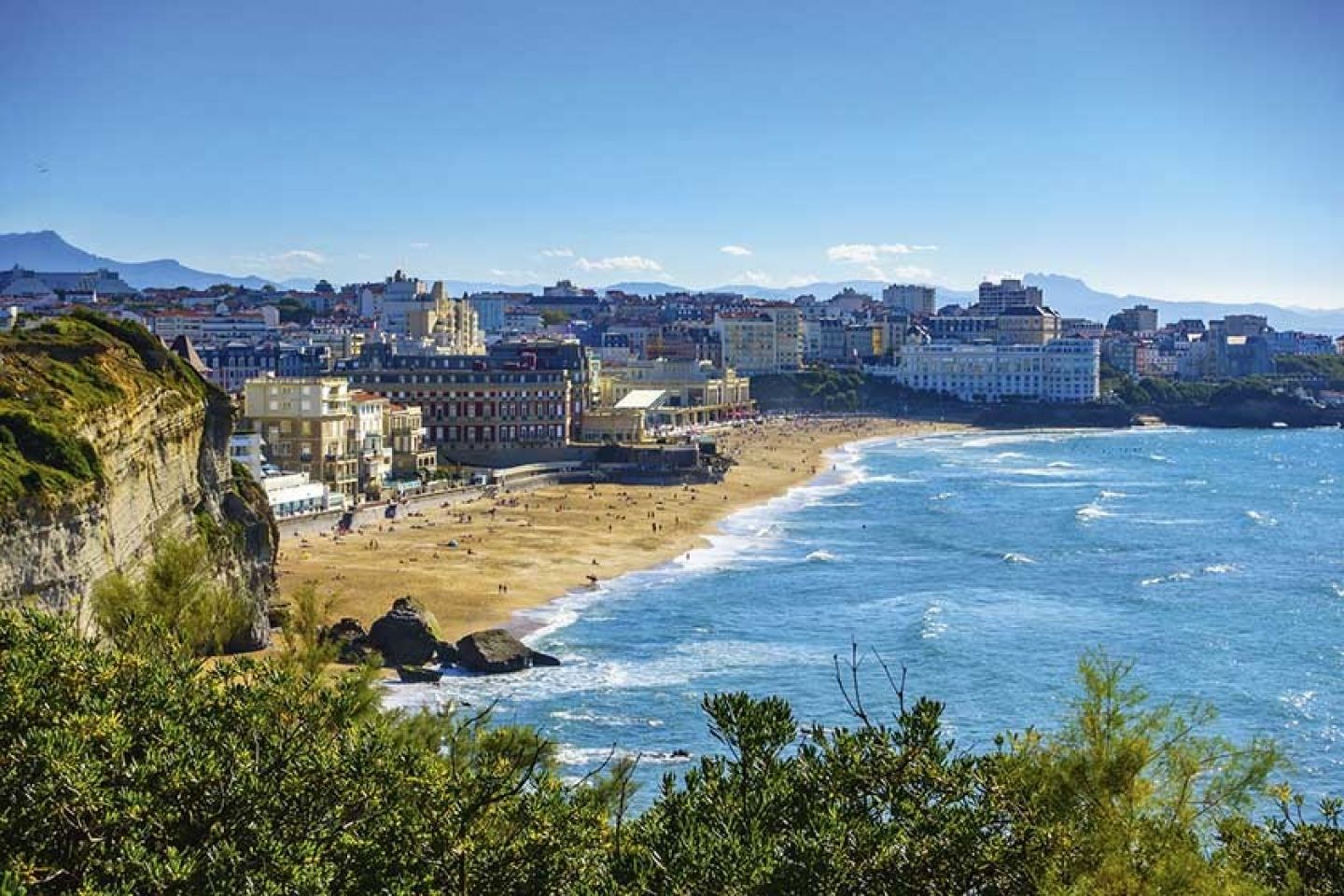
Biarritz
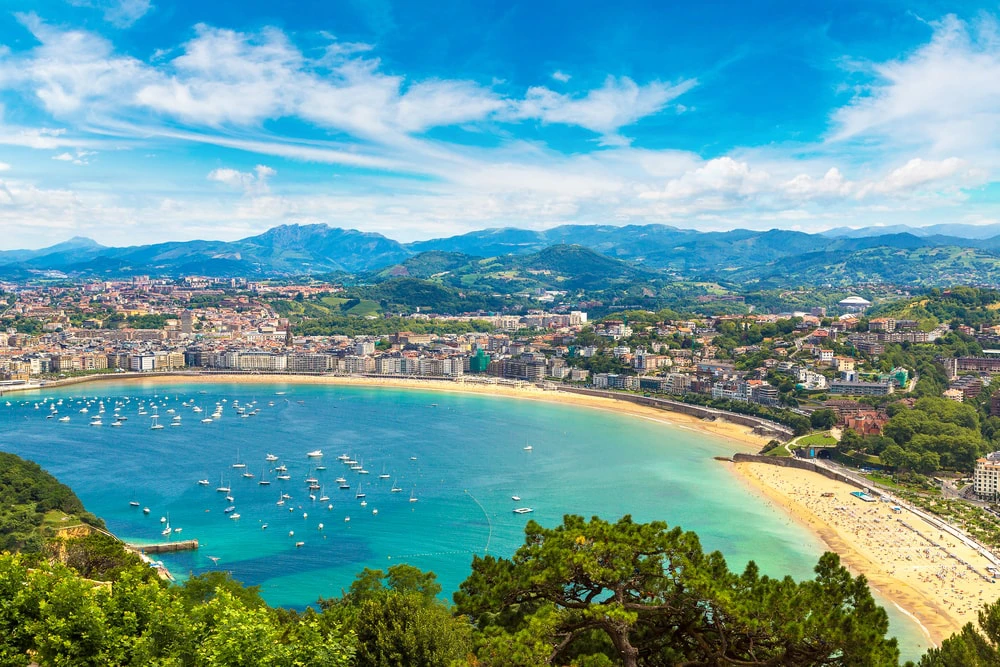
Basque Country
Political
Economy and Government
Pyrénées-Atlantiques has a diverse economy that includes agriculture, industry, and tourism. The region is home to several key industries, such as aeronautics, agri-food, and renewable energy, which provide employment and contribute to the local economy. In addition, the region's beautiful natural landscapes, historic sites, and cultural offerings make it a popular tourist destination, generating revenue for local businesses.
The government of Pyrénées-Atlantiques is led by a departmental council, which is responsible for managing local affairs such as infrastructure, social services, and economic development. The council is made up of 54 members, who are elected for a six-year term. The current president of the departmental council is Jean-Jacques Lasserre.
In terms of national government, Pyrénées-Atlantiques is part of the Nouvelle-Aquitaine region, which has its own regional council and president. The region is further divided into 12 departments, including Pyrénées-Atlantiques, each with its own departmental council.
Overall, Pyrénées-Atlantiques benefits from a stable government and a strong economy, which supports local communities and drives growth in the region.

History
History and Culture
Pyrénées-Atlantiques is a region with a rich history and culture, influenced by both French and Basque traditions. The region's history dates back to prehistoric times, with numerous archaeological sites and prehistoric caves dotting the landscape.
During the Middle Ages, Pyrénées-Atlantiques was a hub of commerce and culture, with the city of Pau serving as an important center of learning and diplomacy. The region has also been a battleground for numerous conflicts, including the Hundred Years' War and the Napoleonic Wars.
Today, Pyrénées-Atlantiques is known for its unique cultural traditions, particularly those of the Basque people. The region hosts numerous festivals and events that celebrate Basque culture, such as the Fêtes de Bayonne and the Festival de Folklore.
In addition, Pyrénées-Atlantiques is home to a number of cultural institutions, such as the Musée Basque and the Château de Pau, which showcase the region's history and artistic heritage. The region is also known for its cuisine, which features local specialties such as Bayonne ham, espelette pepper, and Basque cider.
Overall, Pyrénées-Atlantiques has a rich and vibrant cultural identity, shaped by its long and complex history and diverse cultural influences.
HOTELS
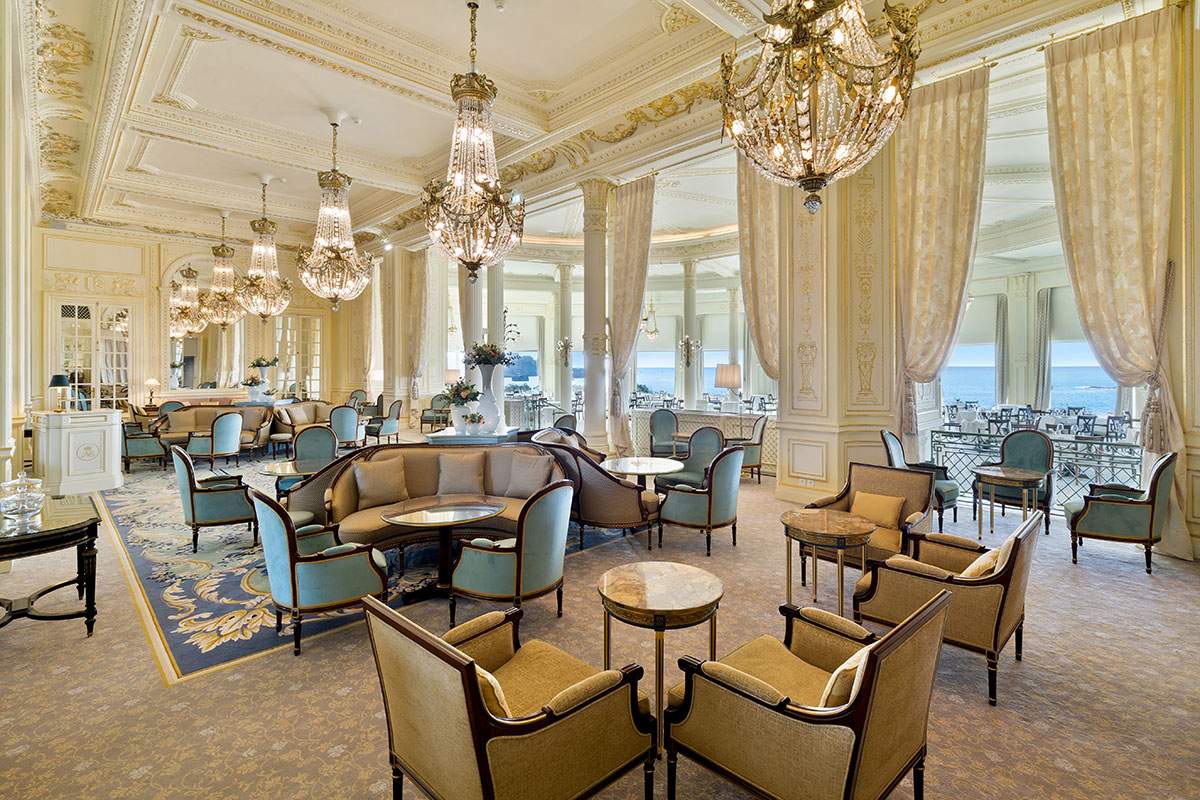
Hôtel du Palais

Hôtel Villa Koegui Biarritz

La Maison d'Etchéa
RESTAURANTS
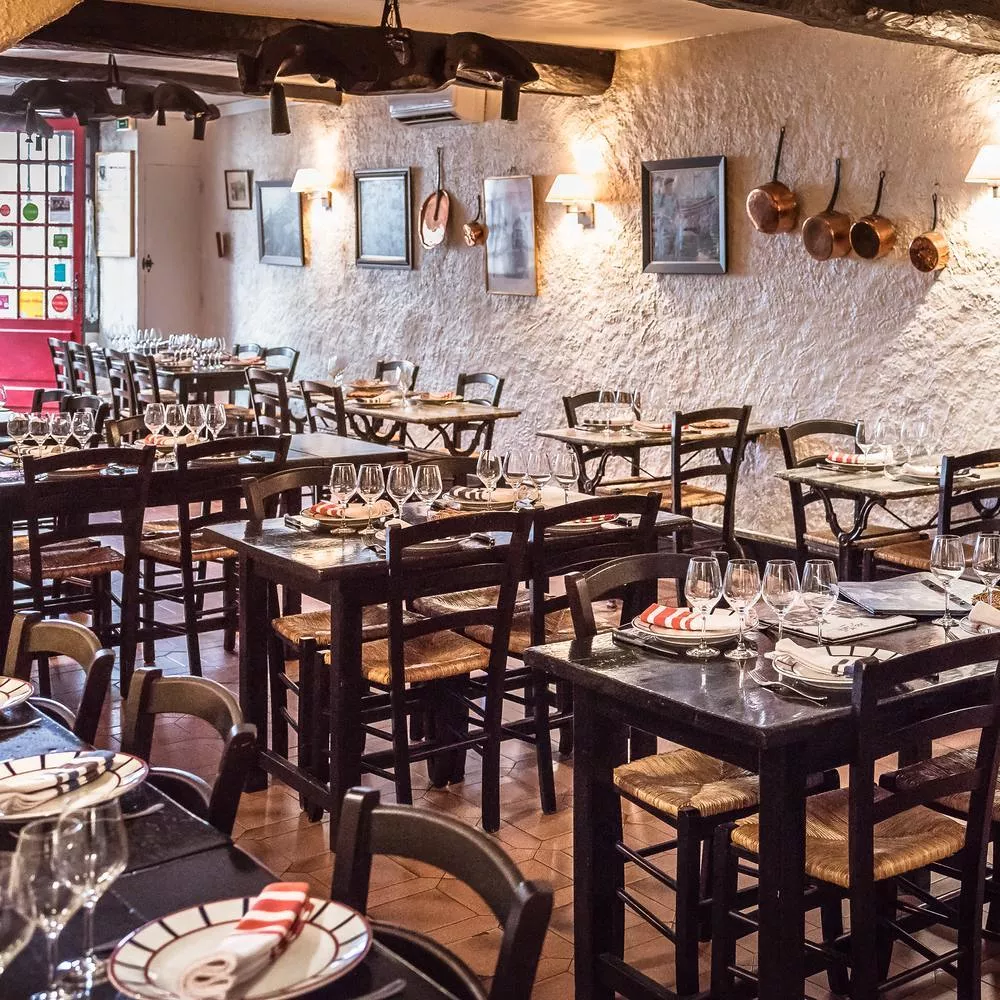
Chez Mattin
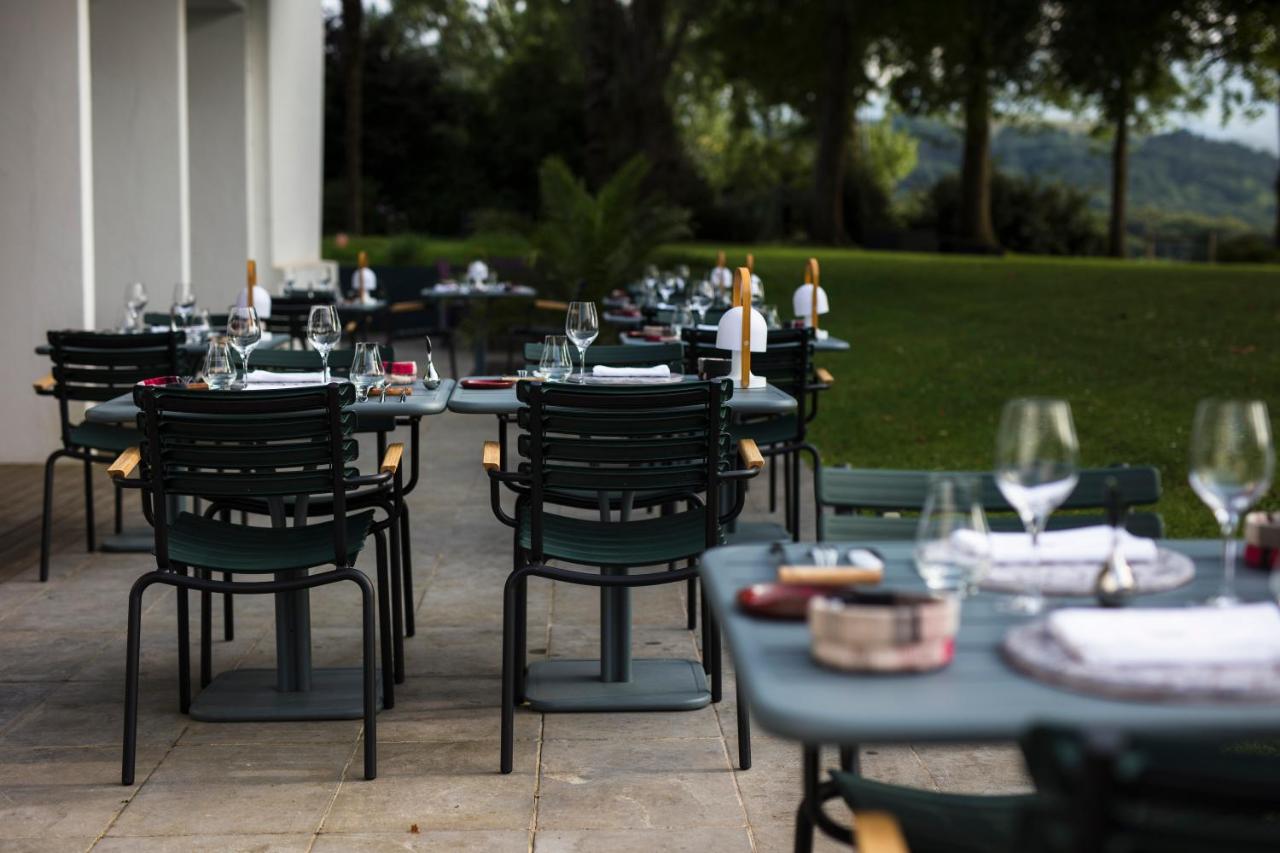
L'Auberge Basque
